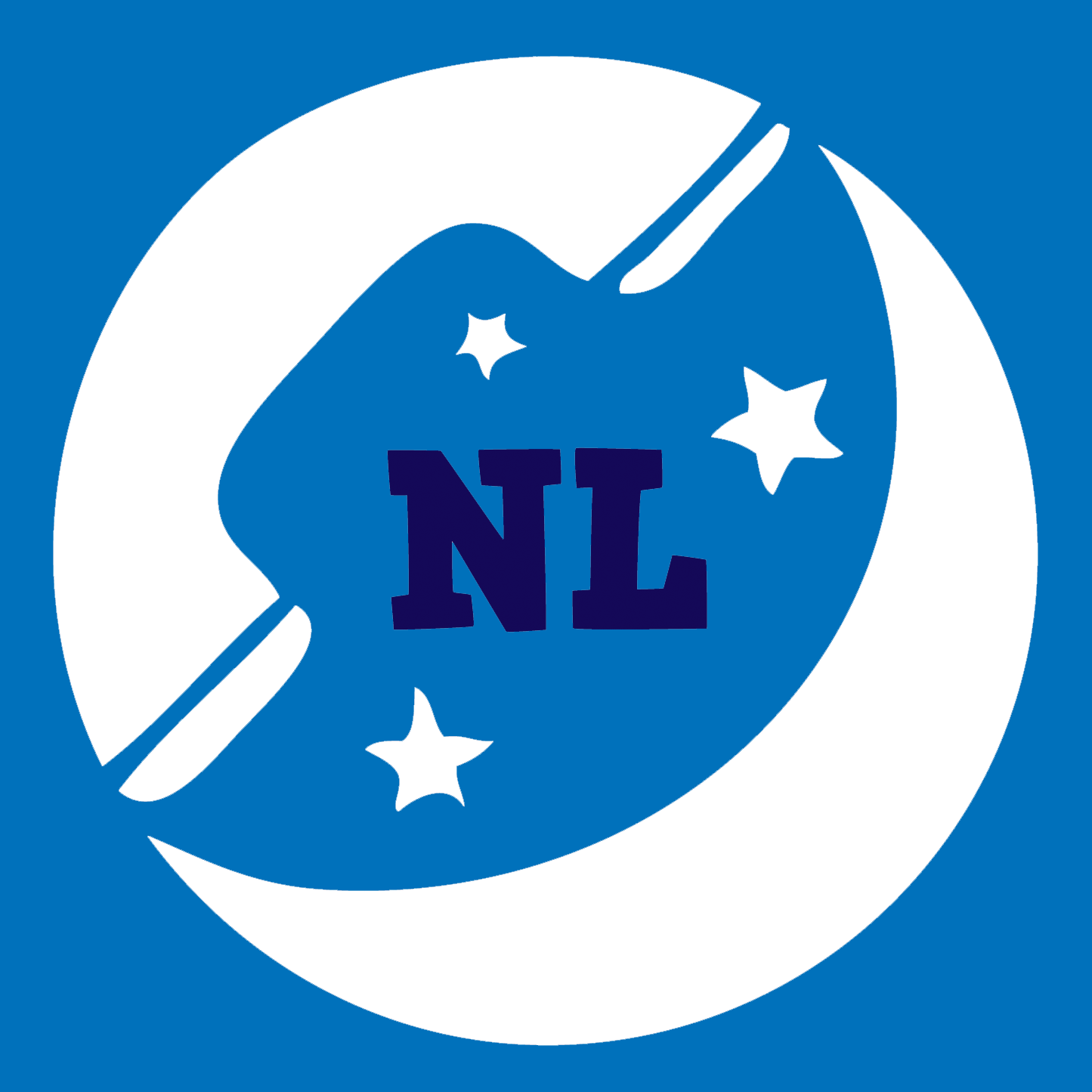
Niteline co-ordinator Karen Mulligan told Trinity News that 58% of calls have been via the online listening service and 42% by phone. 56% of calls were classified under mental health, 12% under relationships, 11% under college and 3% each under accommodation and general conversation.
A more detailed breakdown of calls reveals that 13% are classified under anxiety, 11% under depression, suicide at 8% and both loneliness and stress at 7%. The categories of body image and eating disorder, accommodation, self-harm and general conversation categories make up 3% each, with the remainder of calls filed under mental health. Mulligan emphasised that the detailed breakdown is only a very rough guide given that most calls “involve many subjects.”
Niteline is open every night during term from 9pm to 2.30am and calls can last up to two hours. Calls peak in the first hour of the services with 26% occurring between 9pm and 10pm and only 5% between 2am and 2.30am. 55% of calls last less than half an hour, 17% between half an hour and an hour, 10% between an hour and an hour and a half, rising to 19% between an hour and a half and two hours. Calls have tended to increase throughout the previous two academic years, with a dip around December.
Mulligan told Trinity News that the increase is a combination of both Niteline’s own publicity efforts, especially their articles published on campus.ie and of complementary services such as ‘Please Talk’. “Please talk and other organisations such as Headstrong are definitely having an effect on breaking down the barriers in seeking help with regard to mental health issues and that’s definitely reflected in our service,” she said.
She also credited SU welfare officer, Ian Mooney, and his predecessor Stephen Garry. “In Trinity, I think Ian and Stephen before him have had a great impact with their campaigns on campus in reducing stigma surrounding mental health,” she said.
Ian Mooney told Trinity News that bureaucracy, resources and logistics had “bested” his plans for a 24-hour online instant messaging system. While he said that he has considered alternatives, such as apps, he will continue promoting Niteline’s messenger system. “They’ve really improved things on how the service is being run and the numbers show that,” he said.
Those wishing to contact Niteline should freephone them on 1890 793 793 or visit their website, www.niteline.ie.






